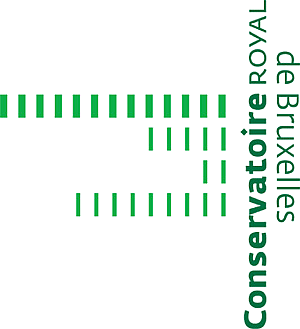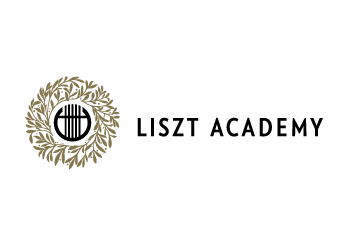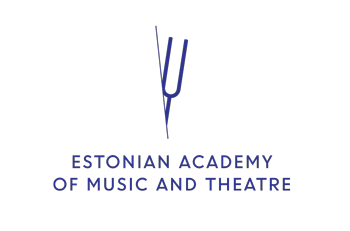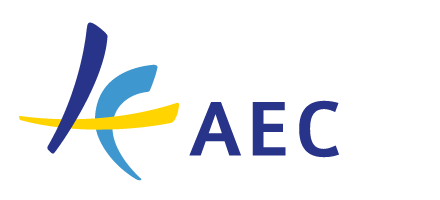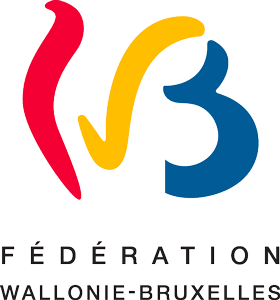The manual gives a vivid and didactically extremely well developed introduction into polyphonic improvisation in 15th & 16th century styles. It comprises explanations and exercises for different canon techniques (2-4 voices), diminution, clausulas, gymel and fauxbourdon and more, as well as a very good compilation of gregorian cantus firmi, chansons and other historic music to improvise on and a chapter on theoretical treatises. All the explanations and examples are easy to understand even for users who don’t speak french.
Be a part of our european project !
This European project (KA 203 Strategic Partnership) created by Salvatore Gioveni promotes cross-border collaboration in the field of Music Theory through sharing knowledge and transferring pedagogical innovation. It thus responds to a lack of centralised source and framework to deepen reflection by means of cross-disciplinary study at European and international level.
There is a significant wealth of educational practices from one country to another in this sector, especially in terms of harmonic musical notation and analysis. However, HMEI's are facing the nonexistence of a European network for pedagogical staff in Music Theory so far. To improve the situation, the project will among other things develop several intellectual outputs such as Online Platform (IO 1), an EU Bibliography (IO 2), a Repository Courses (IO 3), a Multilingual Glossary (IO 4) and an Exchange Online Learning Platform.
Besides the Conservatoire royal de Bruxelles as leader and manager of the project, the following partner institutions are involved: Music Academy S. Moniuszki Gdańsk (Gdańsk, Poland), F. Liszt Academy of Music Budapest (Budapest, Hungary), Estonian Academy for Music and Theatre (Tallinn, Estonia), HfMTh "Felix Mendelssohn Bartholdy" (Leipzig, Germany).
 | 2024
| 2024
